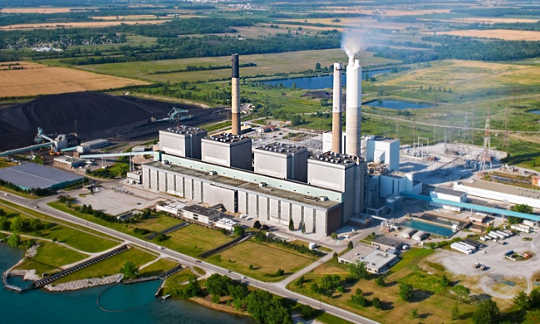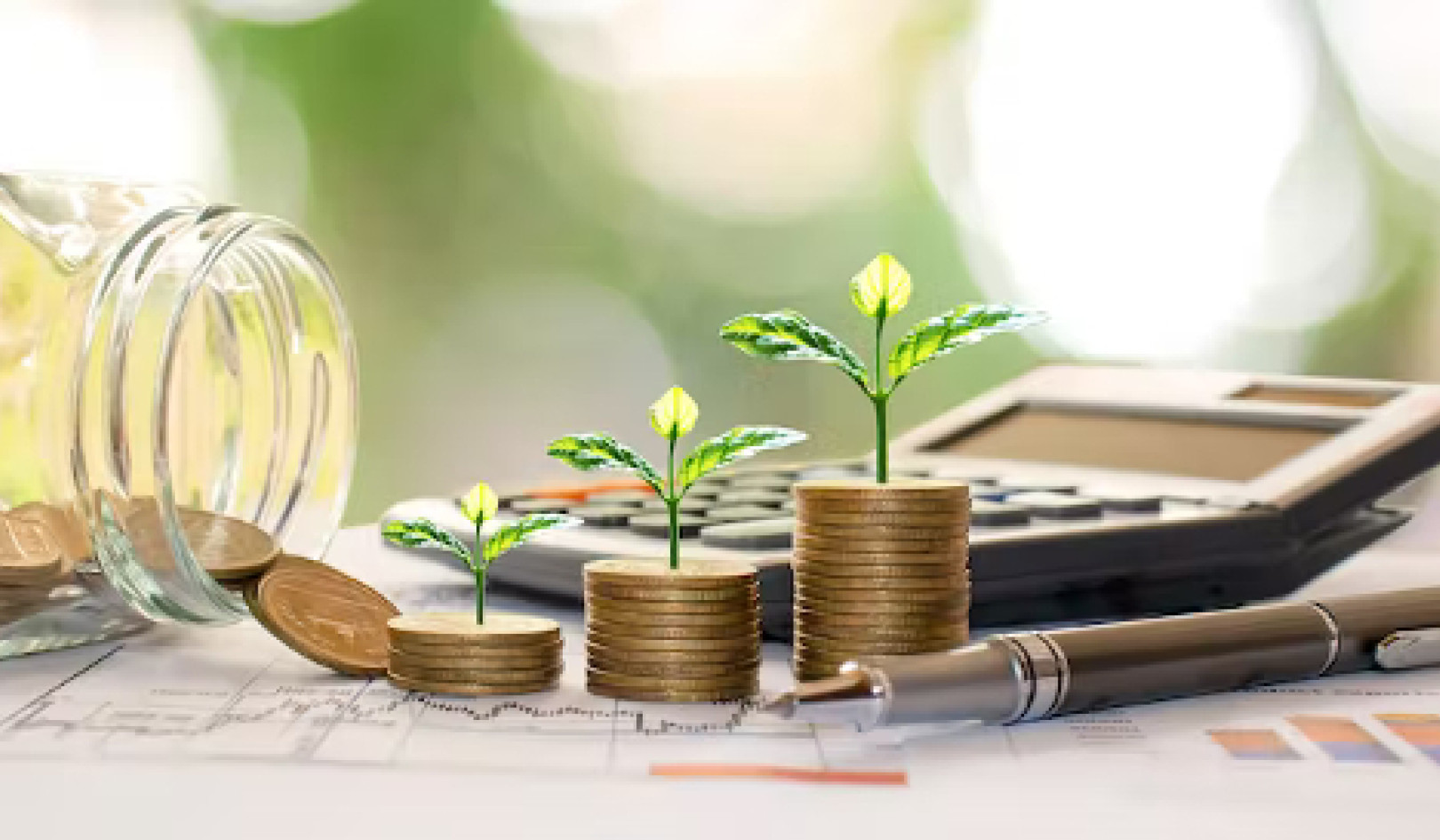
After opposing a Washington state carbon tax in November, climate justice advocates are setting the stage for a more thorough initiative to address both climate change and inequality. Back in November, a strong environmental grassroots effort in Washington state helped defeat what would have been the nation’s first carbon tax. Despite their shared concern for quick action to address climate change, the bill’s opponents argued that the proposal unfairly disenfranchised minority residents and wouldn’t lead to significant carbon reductions.
Environmentalists in Washington have already introduced two carbon proposals since the failure of Initiative 732.
Now, with ballot boxes long since closed and tucked away, the carbon tax debate hasn’t gone anywhere. Canadians are on their way to implementing a carbon tax in every province by 2018. In the United States, New England states are banding together to become, as one Rhode Island representative put it, “a city on a hill when it comes to ambitious climate action.” Entrepreneur Elon Musk reportedly fielded the idea of a national carbon tax during his recent meeting with President Trump at the White House. A group of former government officials just released a conservative case for carbon dividends. And, undeterred, environmentalists in Washington have already introduced two carbon proposals since the failure of Initiative 732.
As these proposals and plans move forward, environmental justice advocates are working to ensure the lessons learned from Washington’s previous carbon pricing battles are applied to a new proposal that would achieve just and lasting results.
“It’s very important that this isn’t seen as a defeat against climate action but an affirmation that our country can’t continue taking an incremental approach,” said Puget Sound Sage Executive Director Rebecca Saldaña about the outcome of November’s ballot election. “You can’t be piecemealing policy.”
“There is great enthusiasm for climate action that invests in communities on the frontlines of climate change."
I-732 would have imposed a revenue-neutral carbon emission tax on the sale or use of fossil fuels and energy generated from fossil fuels in Washington. The tax would have increased over time, and the generated funds would have been redistributed among residents. Environmental advocacy groups including the Sierra Club, Front and Centered, and Puget Sound Sage, argued the measure would have ultimately cost Washington tax dollars, causing the state to cut back essential social services. Crucially, opponents refused to back a measure that did not provide direct clean energy investment into the low-income communities of color that are most immediately affected by fossil fuel pollution.
“There is great enthusiasm for climate action that invests in communities on the frontlines of climate change, but I-732 did not offer what’s really needed,” said Rich Stolz, executive director of OneAmerica, a Seattle-based civil rights organization, in a press release. “This election made it clear that engaging voters of color is a necessity to win both nationally and here in Washington state.”
So what would a robust carbon tax bill look like?
In January, Washington state Rep. Joe Fitzgibbon introduced legislation with the backing of the climate justice advocacy group, Alliance for Jobs and Clean Energy. The bill, H.B. 1646, would implement a performance-based tax of $15 per ton of carbon emissions, and reinvest a portion of that money to directly fund carbon-reduction strategies including “clean energy and clean water projects, healthy forests, and support for workers, families, businesses, and communities most directly impacted by climate change,” according to a statement from the Washington House Democrats.
Most of the tax revenue would be invested in green energy infrastructure and carbon reduction projects.
Saldaña said a key consideration in the drafting of this proposal was mitigating the impact on low-income families that may see an increase in utility bills and workers in the fossil fuel industry who may lose their jobs. If there are significant job losses or business closures as a result of this policy, funding may be allocated to retraining and job placement services.
Most of the tax revenue would be invested in green energy infrastructure and carbon reduction projects. Homeowners and businesses of all sizes would be able to apply for this funding. The alliance lists solar installations, wind energy projects, conversion to lower-carbon transportation fuels including electricity and biofuels, and energy efficiency measures as potential investment projects. A portion would also fund programs to protect water ecosystems and maintain the health of carbon-capturing forests.
Becky Kelley, president of the Washington Environmental Council (WEC), which opposed I-732, said that bill didn’t offer enough protections to energy-intensive and trade-exposed businesses, and there was a real risk that the policy would cause them to simply leave Washington, taking jobs and revenue with them.
“We’re hopeful that our approach can serve as a model for other states in the nation in terms of creating an equitable policy that invests in a quicker transition to clean energy, but is also smart about how it treats certain affected businesses,” she said. “We don’t want the jobs and the emissions to just get pushed to another part of the planet.” The alliance’s plan is to apply exemptions and safeguards, similar to protections within California’s cap-and-trade program, to help those businesses adjust to the change.
An economic and climate justice committee would monitor the bill’s impacts and recommend investments.
“We also provide funds to invest in transitioning to the clean energy economy that can fund investment in businesses,” said Sasha Pollack, campaign director for WEC’s Climate and Clean Energy division. “These investments are significantly more targeted to the impacted businesses than a broader B&O tax cut would be.”
To oversee the tax revenue disbursement and make sure the process is transparent and fair, the proposal would establish an oversight board of technical experts and representatives from business, labor, consumers, and tribes. An economic and climate justice committee would monitor the bill’s impacts and recommend investments.
The unexpected election of Donald Trump and a Republican-dominated Congress make any tough federal environmental action in the near future appear unlikely, at best. That will leave meaningful climate action in the hands of states, cities, and grassroots movements on the ground.
“In some ways, that’s how it’s always been,” Kelley said. “It’s time for states like Washington to double-down on making progress.”
Some Washington environmentalists have expressed concern that they lost their shot at a carbon tax back in November, but others remain optimistic that I-732 wasn’t the state’s only opportunity and maintain that passing an initiative that didn’t fully address the big picture would be worse than waiting to pass a more comprehensive plan.
"Many states around the country are looking at I-732 as a model and we expect a nationwide movement to take root.”
“Unfortunately many of our concerns with I-732 were structural rather than cosmetic issues that could be changed with a few legislative tweaks,” Pollack said. “Because of the way the bill was designed it would be extremely difficult to impossible to fix or adapt the policy to shift toward investing in the clean energy transition rather than tax cuts.”
Carbon Washington, the group that supported I-732, hasn’t indicated whether it will be part of the alliance, though it did state in a release that it will be working toward getting a carbon pricing initiative into the state legislature.
“While we did not pass the nation’s first carbon tax, many states around the country are looking at I-732 as a model and we expect a nationwide movement to take root in the years ahead,” said Yoram Bauman, founder and co-chair of Carbon Washington, in a release. “We will look back at this as a lost opportunity to create history in Washington state, but also as a catalyst for much needed U.S. leadership on climate action.”
And the ball is rolling. As Kelley pointed out, “California is in the process of reassessing their existing cap-and-trade program to address long term (and recently validated) concerns by low income communities and communities of color about the increase of pollution hot spots we’ve seen come out since that policy was passed in 2006.” Oregon saw a strong reaffirmation and strengthening of their Renewable Portfolio Standard last year, she said, and Oregon Sen. Lee Beyer has already introduced a new version of a carbon cap bill that did not get through the previous legislative session.
“We are ready for climate action in Washington.”
If Fitzgibbon’s bill can’t make it through the Washington legislature, the alliance plans to introduce it as a ballot measure as early as 2018. The next steps would then include gathering signatures, educating the public, and organizing rallies and other campaign events.
Fitzgibbon so far appears optimistic. “Voters have shown, by re-electing Gov. (Jay) Inslee and electing a pro-climate-action majority in the House, that we are ready for climate action in Washington,” he said in an emailed statement.
The alliance is looking to change the state’s standard for carbon reduction, and when all is said and done, they’re hoping for an 80 percent reduction from 1990 emissions levels by 2050, Kelley said.
Meanwhile, the world’s climate change forecast indicates the globe will warm up between 2 and 4 degrees Celsius by 2100, according to the U.S. Environmental Protection Agency. The 2015 Paris Climate Summit pulled nations together to commit to limiting emissions enough to keep warming to an average of 2 degrees Celsius; President Trump has indicated he wants the U.S. to renege on its piece of that commitment.
“The extent of future climate change depends on what we do now to reduce greenhouse gas emissions,” according to the EPA . “The more we emit, the larger future changes will be.”
This article originally appeared on YES! Magazine
About The Author
Meredith Rutland Bauer wrote this article for YES! Magazine. Meredith is a San Francisco Bay Area freelance reporter. She is a Florida native and a graduate of the University of Florida, and her work has appeared in Vice, Quartz, the Wall Street Journal, and other publications. See her work at meredithrutlandbauer.com and follow her on Twitter @merebauer.
Related Books
at InnerSelf Market and Amazon






















